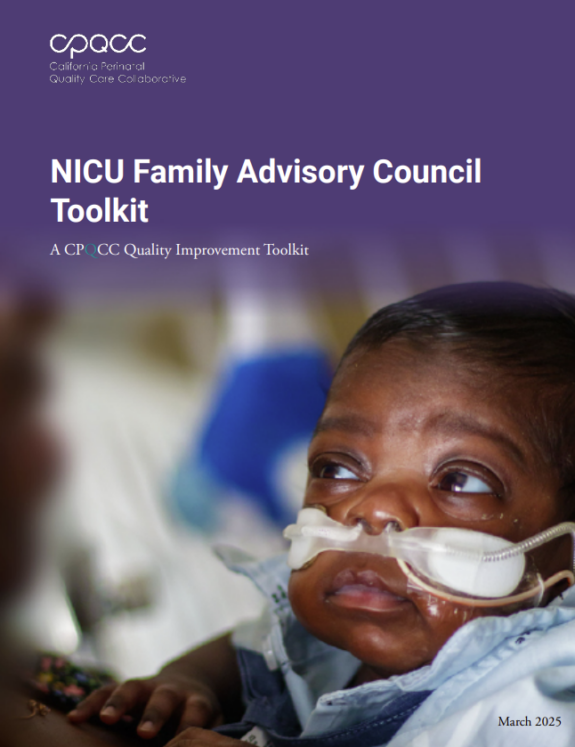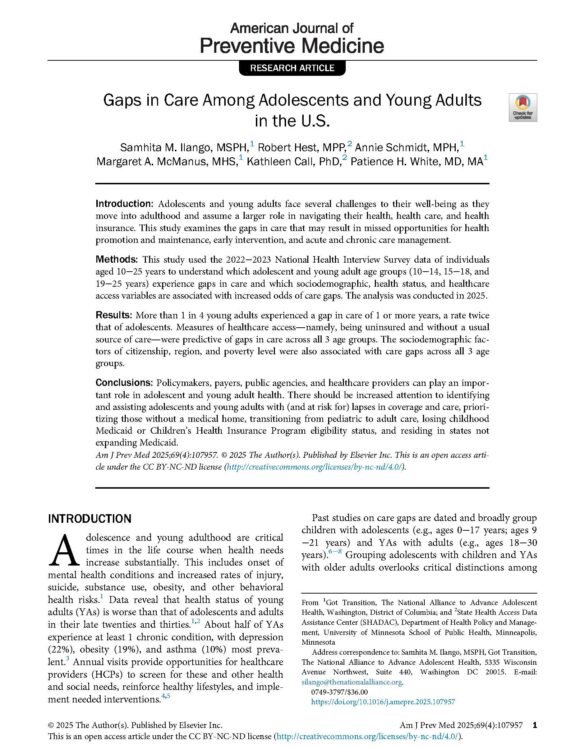Meet Susan Tom, the Super Mom of 11 Children with Special Needs
More than a decade has passed since HBO broadcast My Flesh and Blood, a stirring documentary film about a Fairfield, Calif.-based woman, Susan Tom, and her 11 children (at the time), most of whom were adopted and have special needs. All of Ms. Tom’s surviving children are now adults, some with children of their own, who range in age from 22 to 42, which means that she has gone through the transition process of finding a whole new set of medical providers, therapists, and insurance coverage, many times over.
Ms. Tom is of a particularly rare breed of human beings. She is the single mother of 13 children and has seen three of her children pass away. She has adopted 11 children, 5 from abroad. Eleven of her children have challenging special needs, from Epidermolysis Bullosa, an excruciating disease that causes skin to fall off, to complications from severe burns. For three years, she cared for her own father, who suffered from Alzheimer’s disease before he passed away, as well as her father-in-law, for whom she cared for 15 years.
Most of her surviving children with special needs continue to live at home. The 5,400-square-foot, seven-bedroom home, located in a quiet cul-du-sac in Fairfield, isn’t a typical house. In 2005, two years after the film’s release, the Toms were selected by Extreme Makeover: Home Edition for a dramatic home renovation to better serve the family’s many needs. An elevator was installed to enable her children who use wheelchairs to move between the three different levels. The large kitchen features a lowered counter that is accessible to her children in wheelchairs. Most of the children now have separate rooms, and Ms. Tom has her own spacious master suite, which she fills with books (on learning Japanese, for example) and instruments from around the world.
Ms. Tom was raised in Connecticut by Joe and Dorrie Loomer, a chemical engineer and homemaker. Inspired by the social changes that had galvanized young people around the country, she moved to Santa Rosa in 1967, and then to San Francisco in 1972. She rented a room in Chinatown, where she worked at Ping Yuen, the community housing complex, as a child care worker. While living in Chinatown, she met and married Phil Tom. During their 15-year marriage, the couple had two biological sons and adopted a girl, Emily, from Korea, because Susan wanted a daughter.
Influenced by her work with children, she took a job at Adopt A Special Kid (AASK). There, she would see countless photos of children who were waiting to be adopted. In some cases, photos of particular children jumped out at her. She couldn’t get them out of her mind. “With Joe, I thought, ‘If I can take care of a kid with E.B., I can take care of a kid with cystic fibrosis,’” she says referring to her late son. But, she makes clear, “I’m not on a mission. I haven’t said yes to every child.”
For California’s one million families with children who have special health care needs, the transition to adult care can be terrifying. This is the age when their children must navigate an entirely new, medical, therapeutic, and educational support system. When the children she adopted turned 18, the financial assistance they received under the Adoption Assistance Program (AAP) expired. Ms. Tom then applied for SSI benefits to cover these expenses. She stresses that there aren’t any comprehensive manuals to explain transition. Instead, she advises other parents to keep asking what services are available. “You don’t need to go into bankruptcy because you have a special needs kid,” she says.
To ensure that she retained the right to make medical and legal decisions, and even control her children’s social media presence, Ms. Tom became the court-appointed conservator for three of her children, and she is working on plans for her other children as well. Now 68, Ms. Tom has also set up a will and trust to ensure that her children will have financial security after she passes. Still, she warns that inheritance could affect SSI benefits for special needs children, so it is best to set up a special needs-specific trust, also known as a “blind trust” that doesn’t specify the child’s name.
Every summer, Susan takes all of her children and grandchildren (except those who are working) on a three-month road trip around the country in the family’s 36-foot RV. Each year’s trip has a theme. There was the Outback Trip, where the family visited Outback Steakhouse restaurants in every state. There was the Perimeter Trip where they drove around the entire perimeter of the continental United States. And there was the Factory Trip, where they visited the Welch’s factory in Pennsylvania, a popcorn factory in Iowa and a popsicle factory in Utah. It may not be surprising to hear that Ms. Tom does all of the driving, too. “It’s not really a vacation for me but I can listen to my music and mellow out,” she says. “On our trips, we have no doctors appointments. We’re free of medical stuff. Although we’ve probably hit every ER across the US!”
Related Reading:
- Parents of Special Needs Children Plan for Two Futures – MarketWatch, 7/7/16
- Financial Help for Parents of Special-Needs Children – Wall Street Journal, 6/12/16
- How to Draw Up a Special Needs Trust for a Child with Disabilities – U.S. News & World Report, 11/4/15


